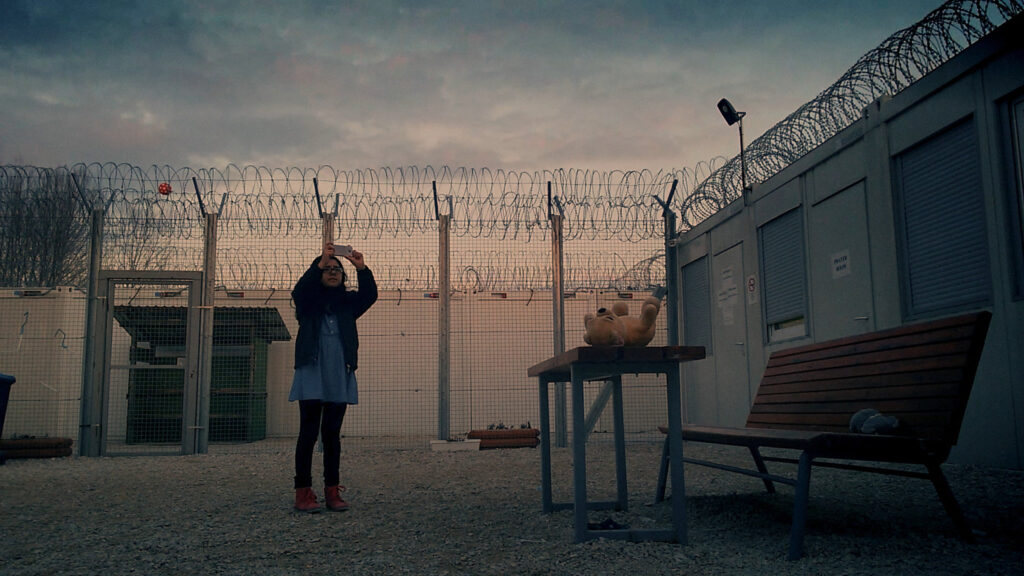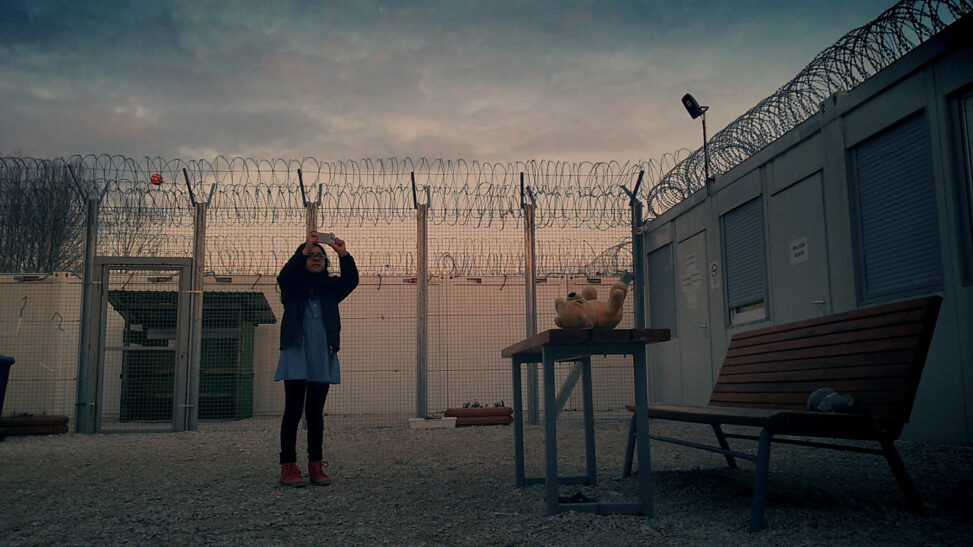By Barbara Nimri Aziz, May 1, 2020

For two decades now, following U.S. invasions of Afghanistan, then Iraq, and as we approach ten years of upheaval in Syria and five in Yemen, interpretation of these wars has been the domain of western observers— journalists, occupying soldiers, and politicians. With others, I pored over and reviewed dozens what regrettably becomes those nations’ modern history.
Now, a new generation of citizens in these besieged lands may overturn what essentially constituted a colonialist record of their lives.
Many writers, mainly Arab and Iranian women (including an active Palestinian literary community) who fled their homelands in the wake of ethnic clashes, devastation and hopelessness, contribute to a growing archive of their national histories. Powerful new film productions (again with women in the forefront, e.g. Mai Masri, Nadine Labaki, and Cherien Debis) join our rich library of published memoirs.
For Sama, the award-winning chronicle a Syrian filmmaker’s young family, is joined by a second remarkable although less celebrated citizen-journalist’ biopic:—Midnight Traveler. This Afghan production, an equally compelling story, is extraordinary for being originally recorded on iphones only. (That may also account for the degree of intimacy it captures.)
Midnight Traveler and For Sama are both autobiographical family dramas by individuals, themselves the main characters in these war chronicles. Both are in real time, not recollections retold at a safe distance. Our storytellers do not speak to the camera; the camera hears and sees them in their intimate, vulnerable, endearing moments:–under siege, in hiding, learning the fate of friends left behind, quietly sharing a meal uncertain what tomorrow might offer, then fleeing onwards to they-don’t-know-where.
Midnight Traveler is a record of a capricious 3,500 mile journey by Fatima Hossaini and husband Hassan Fazili (both artists, with Fazili credited as director), and their daughters Nargis (about 7 when the journey begins) and Zahra (aged 4 or 5).
From Tajikistan where their asylum applications to Australia and elsewhere are unsuccessful, they return to Afghanistan to attempt another escape route– a costly, illegal overland trek to Western Europe. Their handlers seem to be a humane lot, neither unkind nor ruthless; but this is not a story about the smuggling business or threats from the Taliban who forced this flight.
The film’s focus is this small family ‘being together’—always. We witness casual, endearing moments between husband and wife, shared silences, candid exchanges, and vignettes of Nargis and Zahra that highlight the vicissitudes of a long, uncertain but determined journey. Those quiet exchanges are threaded with reminders that they are, in fact, fugitives:– scurrying across a border, sleeping in forests, confronting hostile townspeople, and waiting idly in one camp after another until they receive permission to proceed.
The story is not a portrayal of victims however. Intimacy and solidarity dominate this family’s narrative. Nargis emerges as the enchanting hero: indefatigable, companionless, in her private reverie dancing to Michael Jackson, shedding tears of boredom, shyly confessing her cold feet during a sleepless night in a wet field, and her poetic encounter with splashing waves on a rocky seafront in Turkey.
Endless columns of refugees making their way by foot –from Afghanistan and Syria, Egypt, Somalia, and Pakistan through Turkey and Greece to Western Europe– became a daily news spectacle and a documentary film by artist Ai Weiwei.
One might argue that the Fazili family’s account ignores Taliban excesses that drove them from their homeland. But whatever references the filmmakers include are convincing enough of the risks they faced there.
This 90-minute film, a small fraction of three years of cell-camera footage, is what the Fazili family chose to share with us. Their multilayered account from the frontline, Midnight Travelers, can stand alone.

